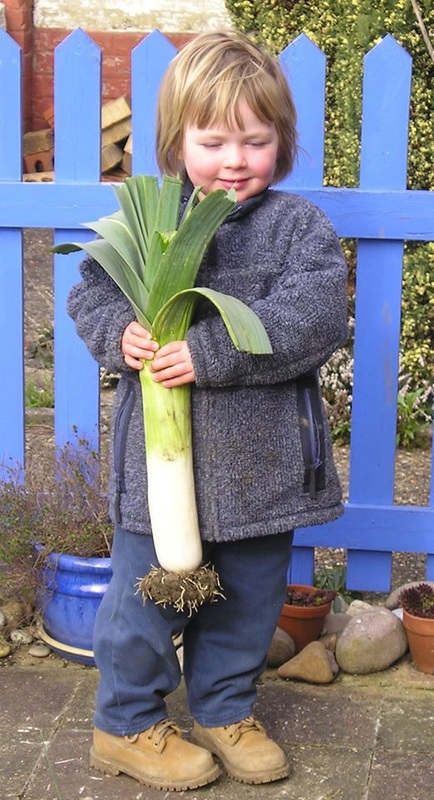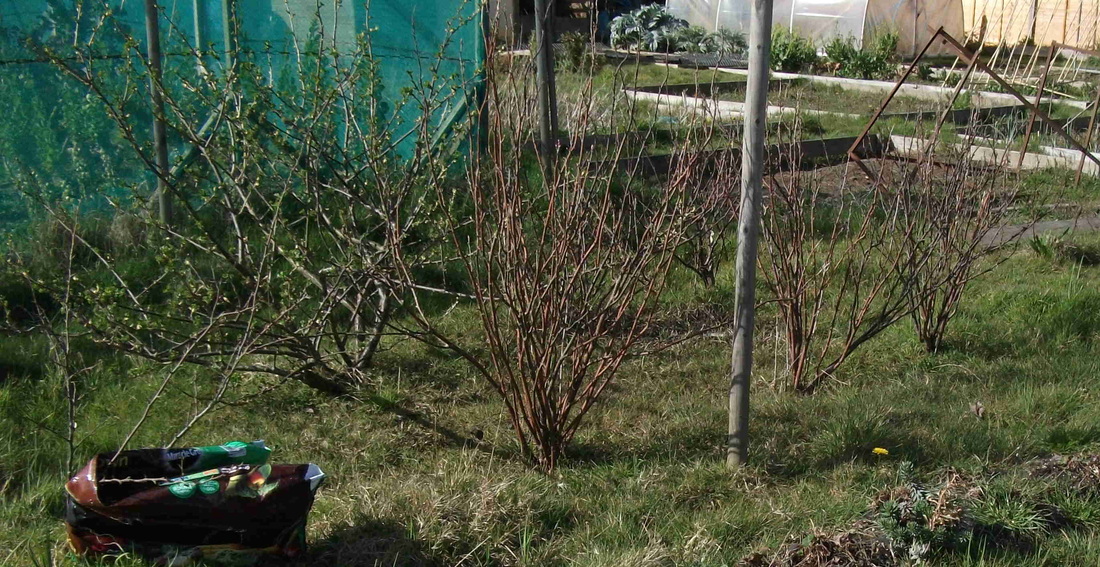It's tempting to reach for the hose. But about 95% of water hosed onto our allotments is totally wasted and, so far from not even doing any good, does actual harm.
This wouldn't matter if water was free. The fact that we don't pay for it by the gallon doesn't mean it doesn't cost us. THE BILL FOR THE WATER FOR THE ALLOTMENTS IS MORE THAN ALL THE MONEY WE PAY IN RENT. You noticed your rent went up this year. Want to know why? Wasted water is a huge part of the answer.
But surely it can't do any harm? Wetting the surface of the soil creates a caked 'pan'. Seedlings find it hard to push through this and you will see poor germination. Wetting the surface draws the roots of established plants up to the top, rather than encouraging them to go deep and seek the water still in the lower levels of soil. Shallow roots don't anchor the plant well, they are less efficient at extracting valuable minerals (which you have washed out of the top of the soil) and they are vulnrable to drying out of you relax the watering regime for a moment. Too much water on the soil damages the structure, making it harder to cultivate and less hospitable to roots.
If we carry on wasting water the way we are, the council will inevitably be forced to bring in measures to restrict its use. This will affect everyone, but those who are currently using far more water than they need will of course feel it most.
For clever tips on making the most of water and saving yourself a lot of unnecessary work, go to our advice page USING WATER WISELY



 RSS Feed
RSS Feed
